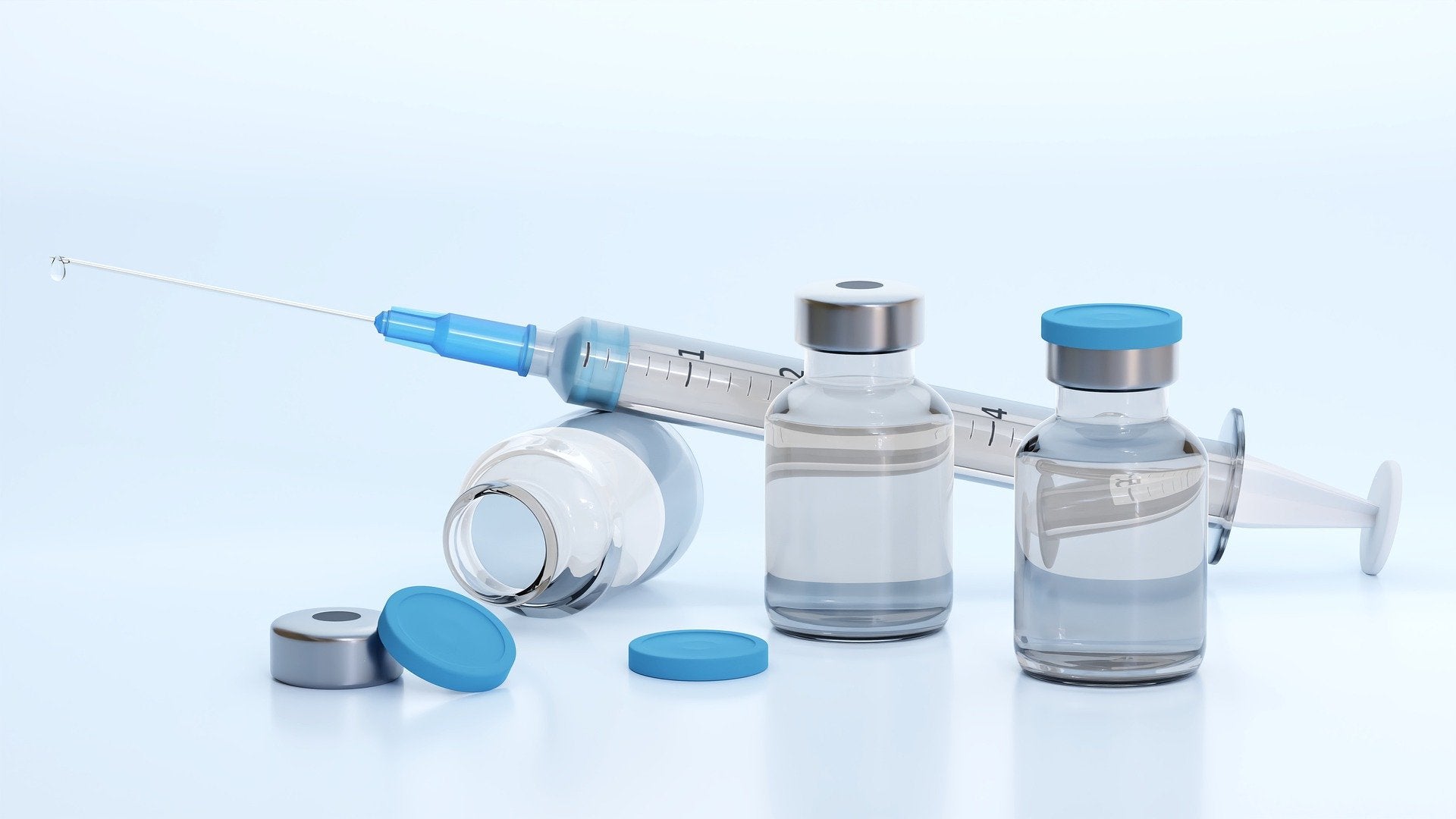
Biogen has reported that its investigational antisense drug, tofersen (BIIB067), failed to meet the primary goal of the Phase III VALOR clinical trial in superoxide dismutase 1 (SOD1) amyotrophic lateral sclerosis (ALS) patients.
Although the drug did not meet the primary goal, the company says that trends favouring tofersen were found across several secondary and exploratory measures of biologic activity, as well as clinical function.

Discover B2B Marketing That Performs
Combine business intelligence and editorial excellence to reach engaged professionals across 36 leading media platforms.
Under a collaborative development and licence agreement, tofersen was licensed by Biogen from Ionis Pharmaceuticals.
The randomised, placebo-controlled, double-blind Phase III trial analysed the safety, efficacy, tolerability and pharmacodynamics of 100mg tofersen in subjects with SOD1-ALS, a rare type of ALS.
It enrolled a total of 108 subjects who received either tofersen or placebo.
An open-label extension study (OLE) is currently underway. Out of the 108 subjects who were part of the VALOR trial, 95 have been enrolled.

US Tariffs are shifting - will you react or anticipate?
Don’t let policy changes catch you off guard. Stay proactive with real-time data and expert analysis.
By GlobalDataThe change in the Revised Amyotrophic Lateral Sclerosis Functional Rating Scale (ALSFRS-R) total score from baseline to week 28 was the trial’s primary efficacy goal.
Tofersen did not reach statistical significance on the primary endpoint in faster-progressing patients.
With regard to the first important secondary goal of change from baseline in total CSF SOD1 protein, differences were reported between tofersen and placebo arms of 38% and 26% in the faster and slower-progressing populations, respectively.
Differences were reported between the tofersen and placebo arms of 67% and 48% in the faster and slower-progressing populations, respectively, on the second important secondary goal of change from baseline in plasma neurofilament light chain (NfL).
CSF SOD1 protein is a marker of target engagement, while NfL is a potential neuronal degeneration marker.
Trends that favoured treatment with tofersen on respiratory function and muscle strength measures were observed in the faster-progressing population.
Similar trends were reported across several exploratory subject-reported outcome measures of fatigue, quality of life, and disease severity.
Furthermore, the quicker commencement of tofersen treatment caused a drop in clinical function measures in trial subjects.
Most side effects in trial subjects in the VALOR and OLE studies were reported to be mild to moderate in severity.
Procedural pain, headache, pain in extremity, fall and back pain were the most common adverse events observed.
Biogen Research and Development head Alfred Sandrock said: “Data from the tofersen Phase III study and its open-label extension showed signs of slowing disease progression in people with SOD1-ALS, a rare, devastating disease that leads to loss of everyday functions and ultimately death.”
Last month, Biogen announced positive top-line data from the Phase II CONVEY trial of its non-opioid oral pain drug candidate, vixotrigine (BIIB074), to treat small fiber neuropathy (SFN).





